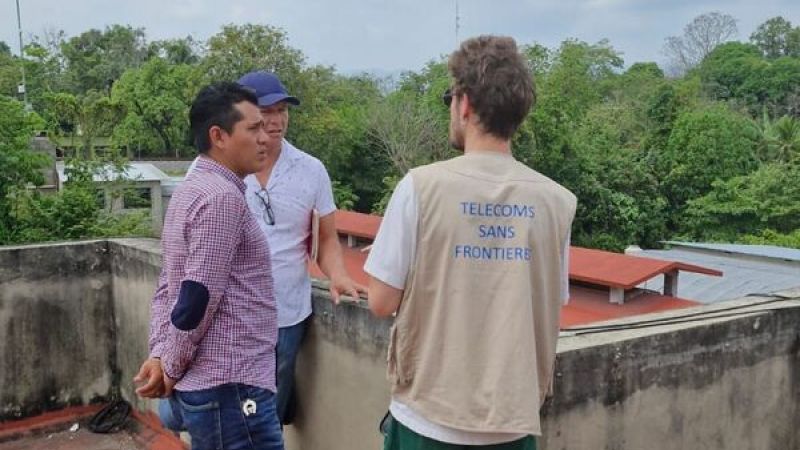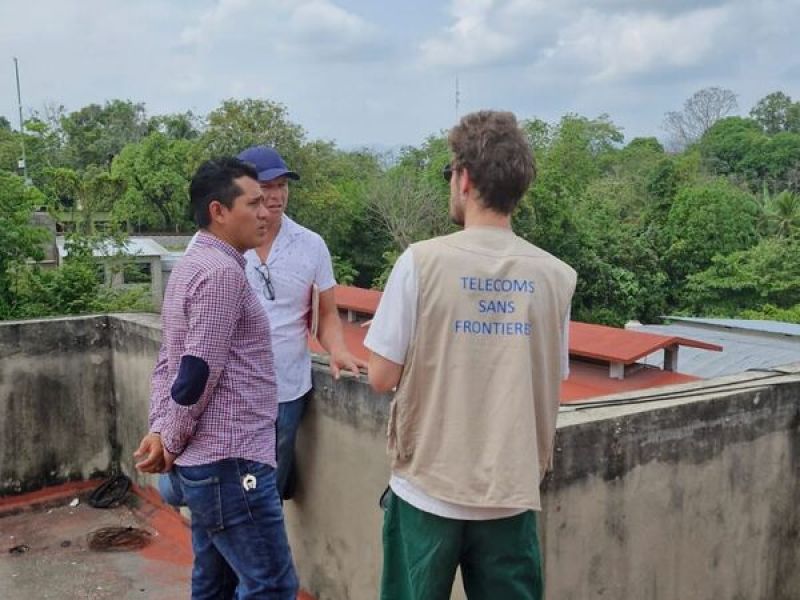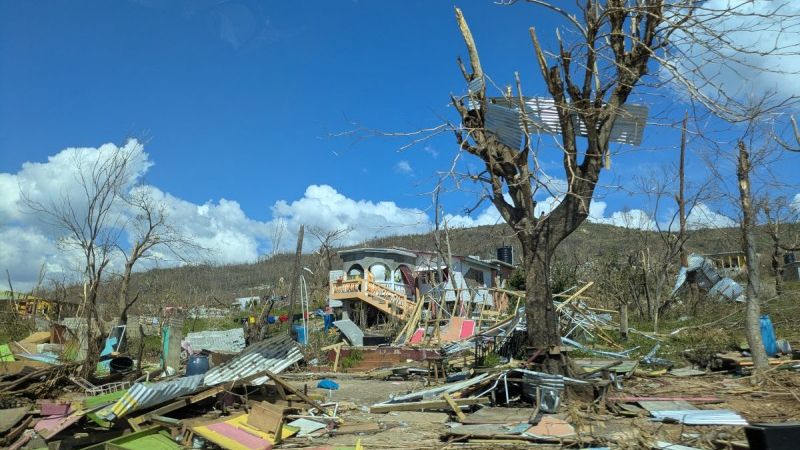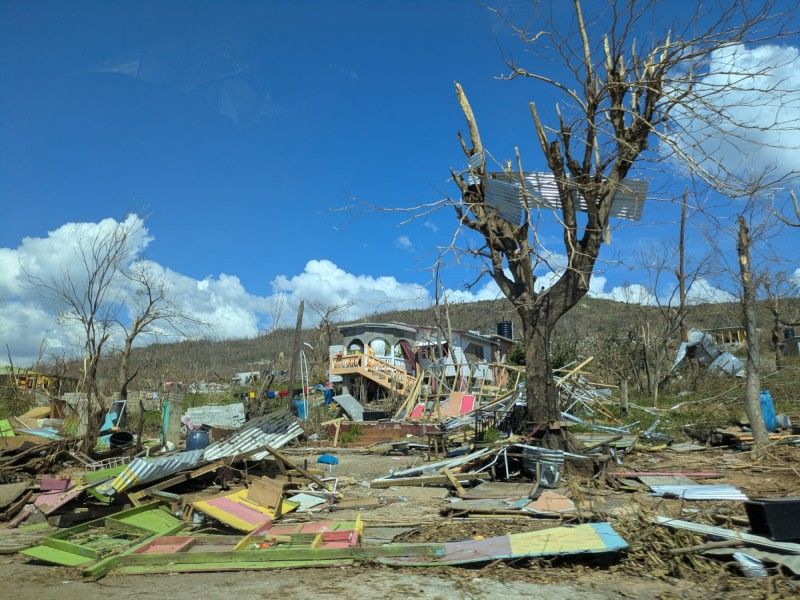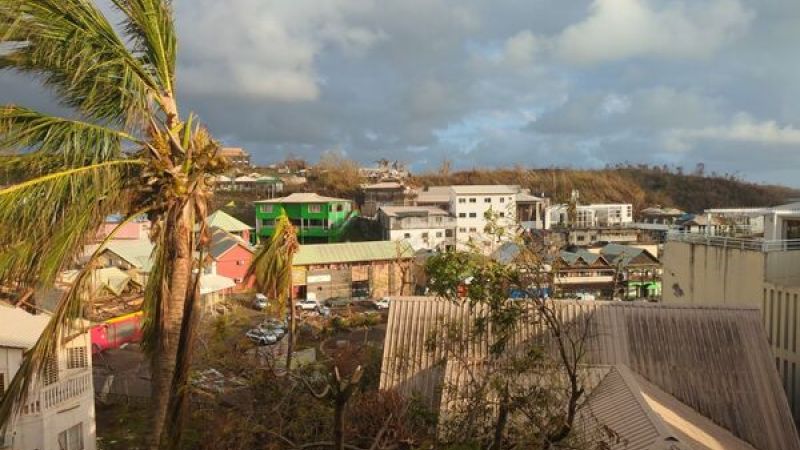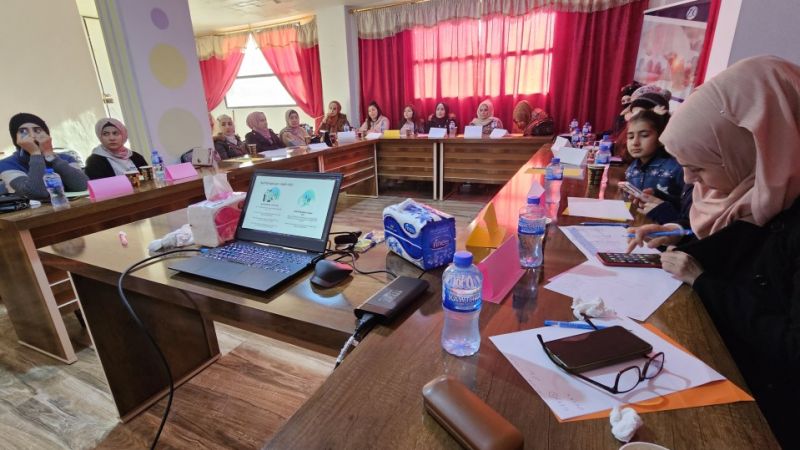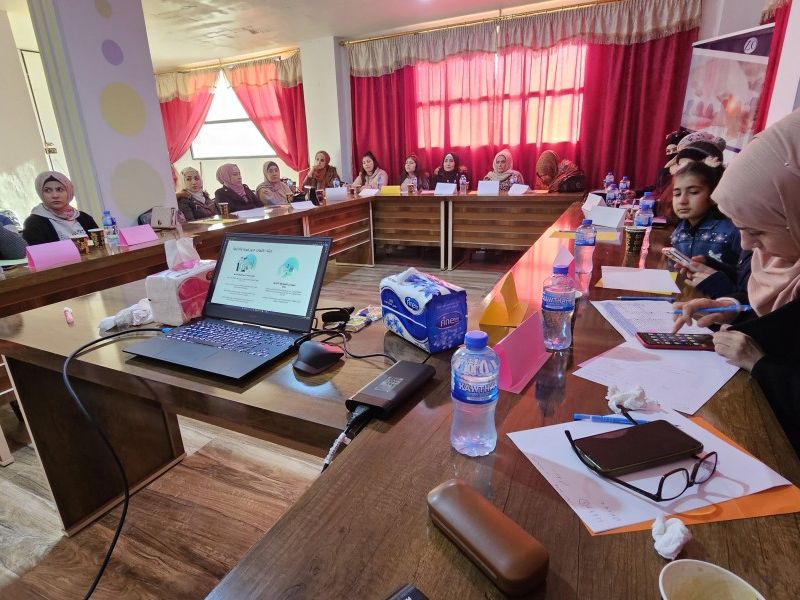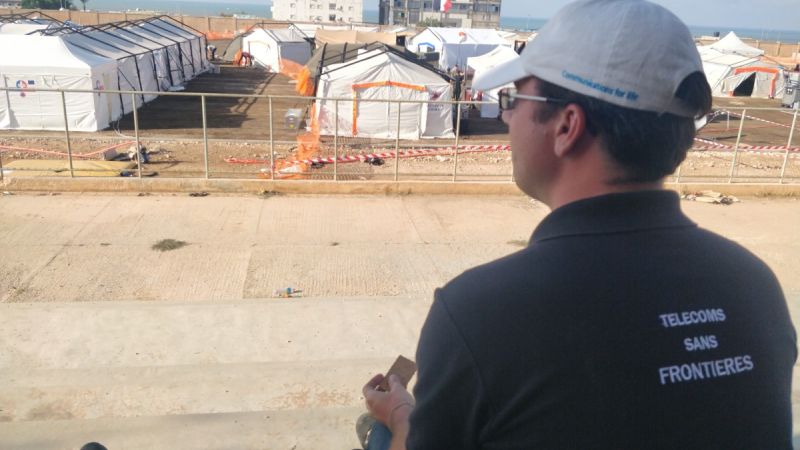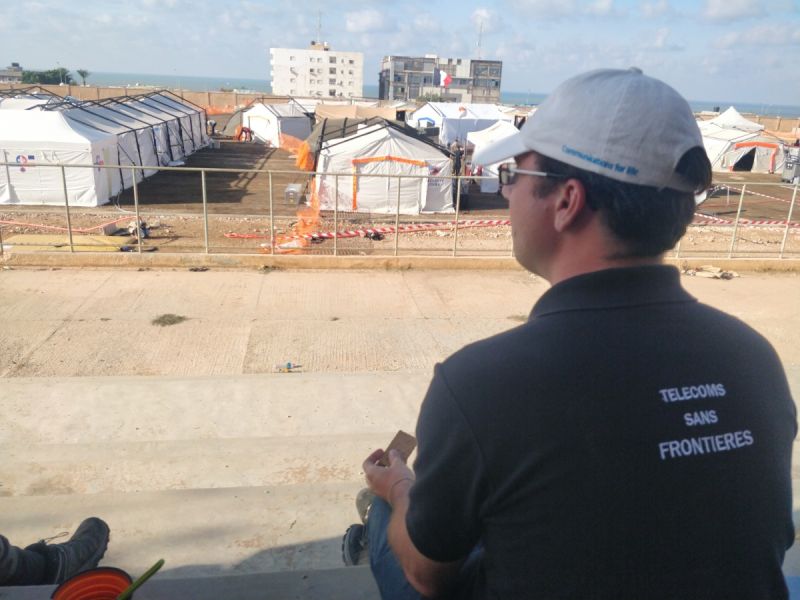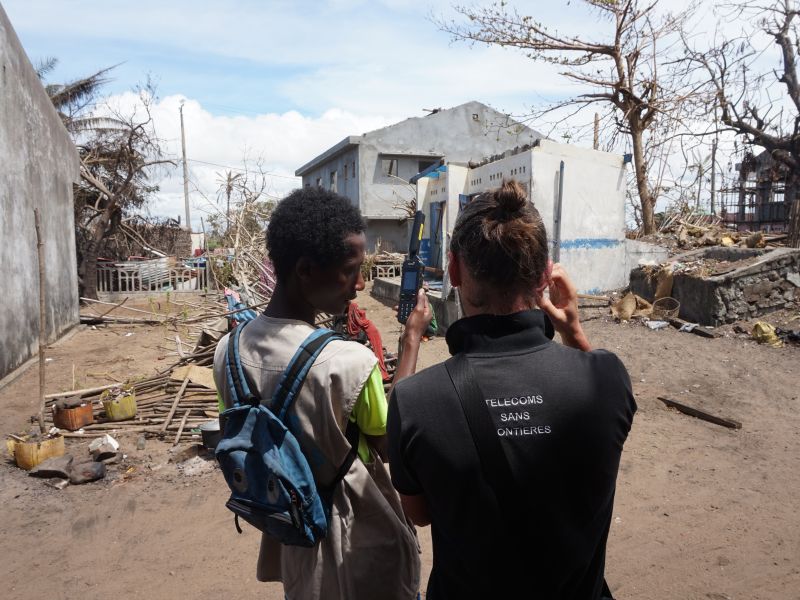Missions
Search
- Afghanistan
- Algeria
- Bolivia
- Bosnia and Herzegovina
- Brazil
- Burkina Faso
- Cambodia
- Central African Republic
- Chad
- Chile
- Colombia
- Congo
- Costa Rica
- Dominica
- Dominican Republic
- Ecuador
- El Salvador
- France
- Georgia
- Germany
- Ghana
- Greece
- Grenada
- Guatemala
- Haiti
- Honduras
- India
- Indonesia
- Iran, Islamic Republic of
- Iraq
- Italy
- Jamaica
- Japan
- Kenya
- Kyrgyzstan
- Lebanon
- Libyan Arab Jamahiriya
- Macedonia
- Madagascar
- Mali
- Mayotte
- Mexico
- Morocco
- Mozambique
- Myanmar
- Nepal
- Nicaragua
- Niger
- Pakistan
- Panama
- Peru
- Philippines
- Portugal
- Rwanda
- Samoa
- Senegal
- Serbia
- Solomon Islands
- Sri Lanka
- Sudan
- Syrian Arab Republic
- Thailand
- Tunisia
- Turkey
- Uganda
- Ukraine
- Uzbekistan
- Venezuela
04 November 2025
Internet Resilience for Disaster Response in Central America & Caribbean
To contribute to community resilience in the face of disasters in Central America, TSF is implementing resilient connectivity solutions in centers identified for their ability to provide assistance to vulnerable people during crises.
28 October 2025
Hurricane Melissa
Hurricane Melissa struck Jamaica as a Category 5 storm on October 28, 2025. TSF responded to the emergency in close collaboration with national and regional humanitarian organizations, and provided connectivity to communities and to relief efforts.
20 December 2024
Cyclone Chido
After the devastating passage of cyclone Chido, TSF is deploying to Mayotte to provide emergency communications to the affected populations and to coordinate relief operations.

23 October 2024
Support for refugees and people displaced by the war
Since September 2024, clashes on the Lebanese-Israeli border have caused over 1,600 deaths and thousands of injuries, displacing 346,000 people in Lebanon. TSF is in the field to set up activities to support the people affected.
02 July 2024
Hurricane Beryl
On July 1, 2024, Hurricane Beryl caused extensive damage on the islands of St Vincent and the Grenadines and Grenada. Continuing its path through the Caribbean, it also hit Jamaica. Two TSF teams are on site to provide emergency telecoms support, in coordination with CDEMA and UNDAC.
15 March 2024
Digital Training for Women in Syria
TSF and Syrian partner Zoom In Organization are starting a new project to provide training on the safe use of the internet to women most impacted by the 2023 earthquakes in Northern Syria.
25 November 2023
Hurricane Otis
In the aftermath of Hurricane Otis in Acapulco, Mexico, TSF deployed to support emergency telecommunications as part of its collaboration with the International Movement of the Red Cross.
10 November 2023
Floods in Libya
TSF deployed for a mission after the massive flooding that occurred in Libya on Sunday, September 10, to support relief response through technology.

09 September 2023
Earthquake in Morocco
Télécoms Sans Frontières deployed to Morocco following the magnitude 6.8 earthquake on September 8, 2023, to reach the worst-hit areas where networks are down, and set up telecoms centers to support relief efforts and meet the needs of those affected.
17 February 2023
Earthquake in South Turkey
TSF deploys teams to support the populations in South Turkey and North Syria regions affected by the 7.8 magnitude earthquake and 7.5 aftershock.
28 February 2022
Emergency response for the populations affected by the war
TSF supports Ukrainian refugees and IDPs since 28. February 2022.
13 January 2022
Cyclones Batsiraï and Emnati
Cyclone Batsirai made landfall on the east coast of Madagascar on Saturday 5 February, with registered wind gusts of up to 235 km/h. Less than three weeks after, on 22 February, another powerful cyclone, Emnati, hit the same area. Thousands of people have been impacted and displaced.
